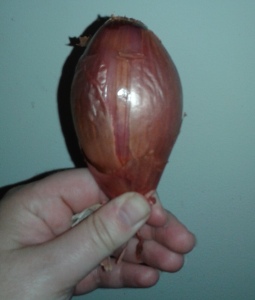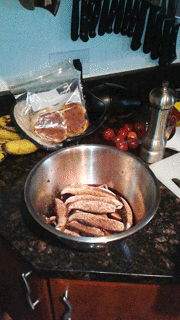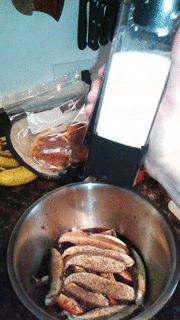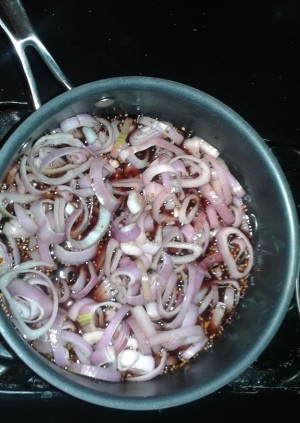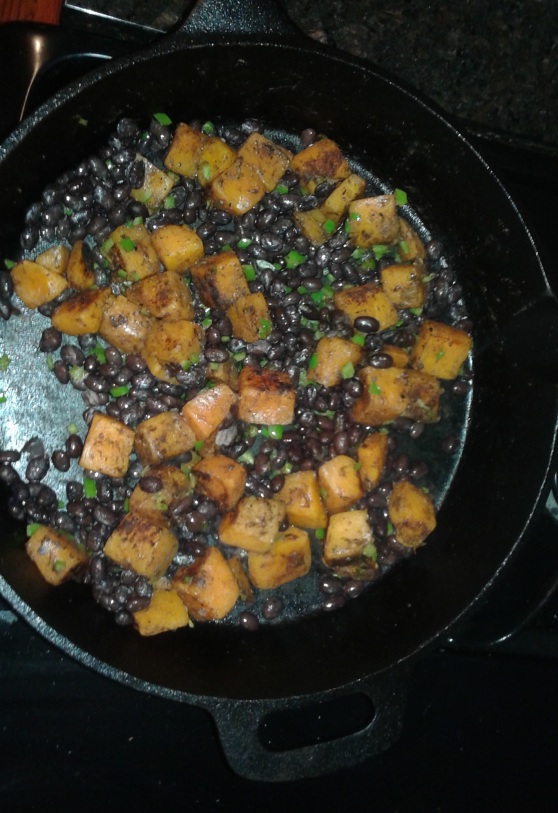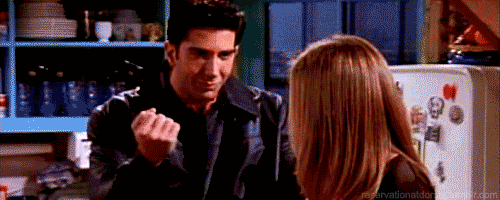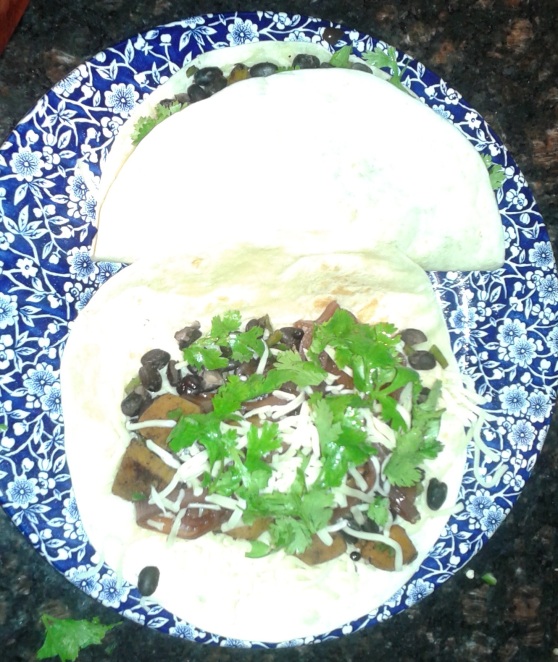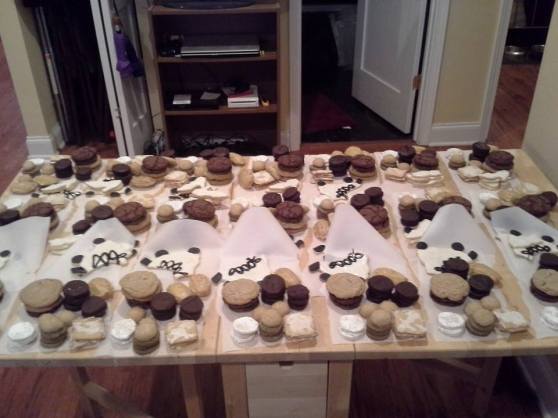(Or, how technology has improved our lives.)
- Write the damn story.
- Revise it.
- Save it.
- Keep in mind that you can’t print your story the night before on account of you aren’t even living in your own home any more and you got rid of your printer a year ago, anyway. So…make a plan to print it at work tomorrow.
- To that end, try to email it to yourself the night before, then remember that you didn’t bother to get the wi-fi password for your friends’ house before they passed out for the night.
- The day it’s due, bring your laptop to work. Try to connect to the office wi-fi before you realize that you don’t know that password either and the IT guy is out for the day.
- Choose a place to eat lunch based on its wi-fi capabilities. Haul your laptop with you to use while you hork a veggie burger and a cinnamon roll.
- Spend most of your lunch determining that the restaurant’s wi-fi is out. At least after all that troubleshooting, you’re able to determine that it’s not you; it’s them. (Fun forshadowing: this won’t be your last time troubleshooting technology today.)
- Pack up and re-navigate to somewhere, anywhere with wi-fi. (Heeeey Barnes and Noble!) Try not to let the sensation of your life spiraling so far out of your control that even something simple like printing three pieces of paper has become so taxing. You have no printer, no home of your own at the moment, and no viable source of internet; you are basically a hobo with a laptop and a day job.
- Pay for parking. Again.
- Success! Wi-fi! Email that thing you wrote to yourself at work.
- Return to work. Check your email.
- Panic because the email does not appear in your inbox.
- Check your spam folder.
- (Learn how to check your spam folder.)
- Open the document and hit print.
- Freak out at the error message your computer sends you.
- Stomp over to the printer. Ask it what is wrong. Allow printer to reply, “Ready.” Mother. Fucker.
- Spend forty goddamned minutes futzing with the printer, turning it off and on, trying to troubleshoot the problem.
- Ask a coworker if there are any other printers in the office.
- No.
- Remember that the IT guy is out today.
- Look up printing services at Staples. They can have it ready by Thursday, which is only three days too late.
- Find out about rush services; they are exorbitantly expensive. Maybe show up and hope for the best?
- Email the story to yourself (at every email address you possess, because at this point, frankly, you’re a little paranoid).
- Drive to Staples after work. Find the self-service copy and print section in the store. Read the detailed sign to learn that it costs only 30 cents per minute to access a computer, and 49 cents a page to print the damn thing.
- But first, you need a special Staples card, preloaded with money. That’s cool. There should be no problem at all because technology is your best fucking friend today.
- Go to the special Staples card machine.
- Ask the machine to spit out a card.
- Feed the card back to the machine and load it with cash. (Why can’t you just load the card before the machine spits it out? Because fuck you, that’s why.) Anyway…two dollars ought to do it, right?
- Log onto the computer. Carefully review the terms and agreement, except maybe don’t because that’s a long-ass agreement and time is money. Come to think of it, just scroll to the end and mash the button for “I agree.”
- Fire up the internet browser. The connection feels slow; surely that’s not intentional.
- Click OK to ignore that pop up box telling you that your time is running low. Don’t dwell on what a wasteful distraction that is in a game where every second counts.
- Download the file you sent yourself and open it.
- “You are running low on time. Click OK to continue.” FUCK YOU!!
- Click Print. Try not to murder someone when yet another pop-up box informs you that your card is ten cents shy for meeting the printing charges. It has everything to do with a thoughtfully constructed system of pop-up distractors and a slow internet connection, and nothing to do with the nice lady minding her business, making copies at the machine next to you. Murder, bad.
- Put your session on hold to load more money on the card.
- Return to the card machine, but be careful not to trip over that giant cart someone parked directly behind your chair.
- Load more money onto the card. (Now we’re up to three dollars. That’s a dollar per page, so there’s that.) Return to the computer and log back into the system. Hit print as fast as you can.
- “You are running low on time. Click OK to continue.” How are these machines still here and not, say, thrown out the window onto the sidewalk where it breaks into a million tiny little pieces that are then crunched underneath the feet of future customers of the Staples Print and Copy Center?
- PRINT, MOTHERFUCKER, PRINT.
- Maybe calm down a little and check the printer. The machine whisper-printed your pages, though you’re not sure it’s happened until you hear the angels sing and you begin to well up with tears.
- Log off this bullshit machine and try to pick up the pieces of your life.
- Investigate the stapler on the big empty table in the middle of the room. (This store is so thoughtful.) Except the damn thing is out of staples. Where are we, again?
- Obtain spare staples.
- Search stapler for method of reloading. Has stapler technology really changed this much over the years? How old are we?
- Finally locate loading mechanism. Load new staples.
- Staple the shit out of those three pages.
- Race to your class because after all that shit, you’re running late.
- Turn in your assignment. Try not to refer to it as “my precious.”
Total time to write: Two or three hours
Total time to print: Two or three hours



